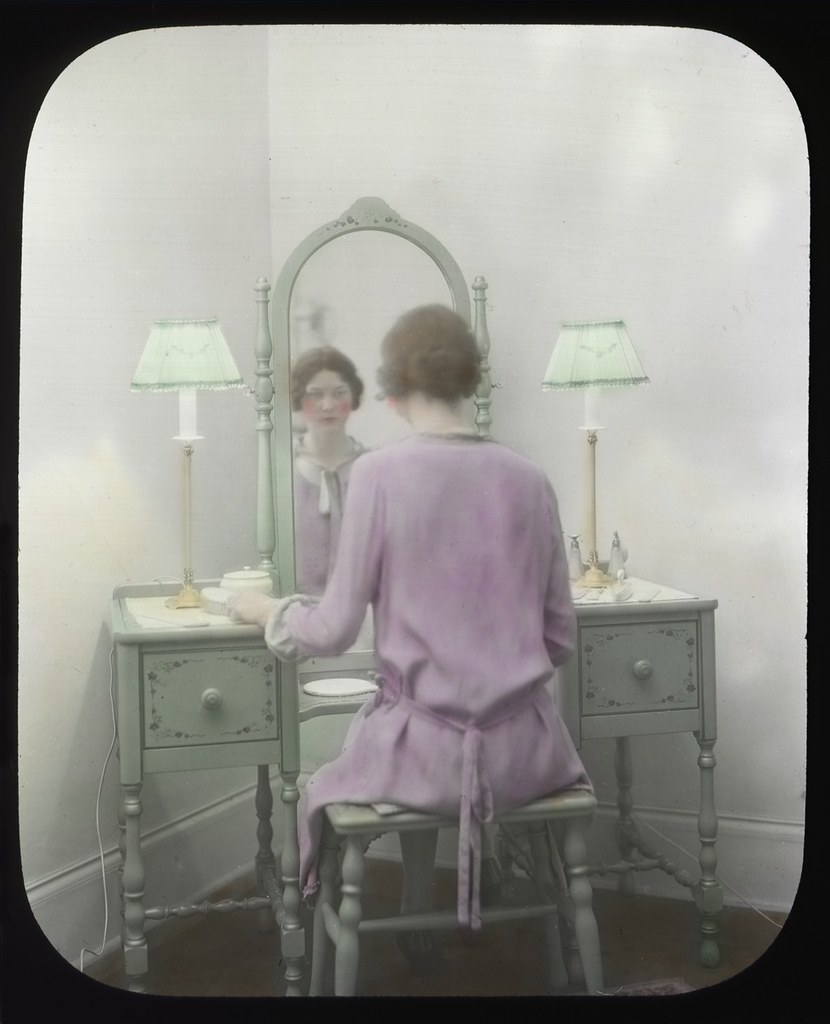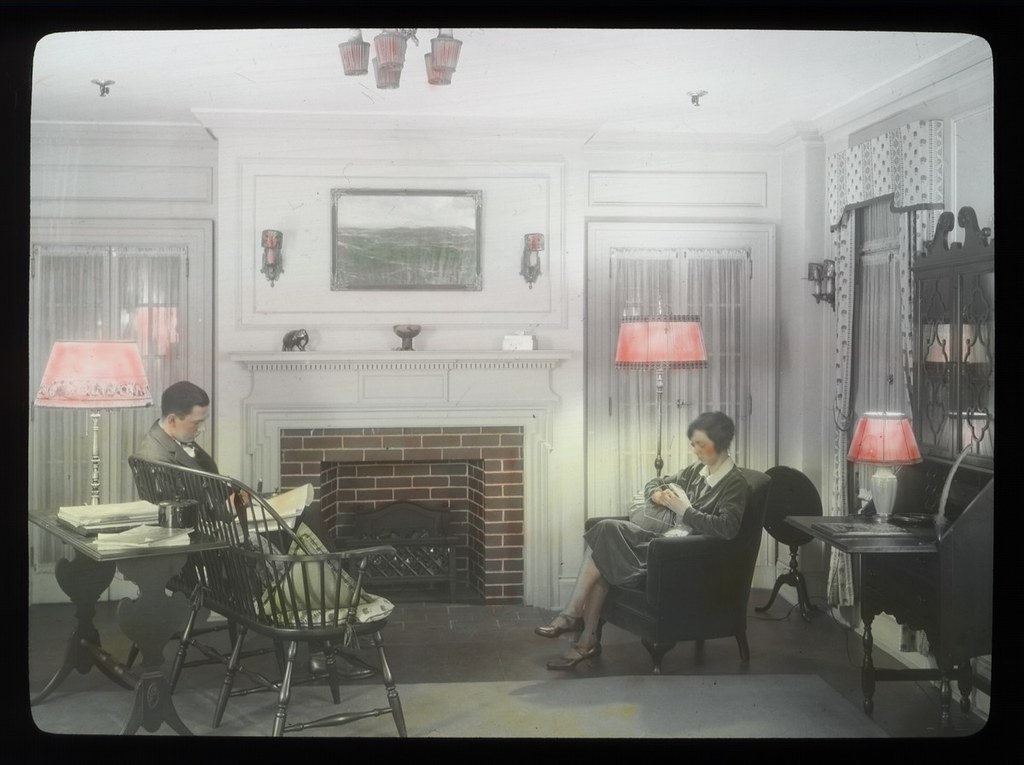.

........I said to Love,
........
'It is not now as in old days
When men adored thee and thy ways
All else above;
Named thee the Boy, the Bright, the One
Who spread a heaven beneath the sun,'
I said to Love.
I said to him,
'We now know more of thee than then;
We were but weak in judgment when,
With hearts abrim,
We clamoured thee that thou would'st please
Inflict on us thine agonies,'
I said to him.
I said to Love,
'Thou art not young, thou art not fair,
No faery darts, no cherub air,
Nor swan, nor dove
Are thine; but features pitiless,
And iron daggers of distress,'
I said to Love.
'Depart then, Love! . . .
-- Man's race shall perish, threatenest thou,
Without thy kindling coupling-vow?
The age to come the man of now
Know nothing of? --
We fear not such a threat from thee;
We are too old in apathy!
Mankind shall cease. -- So let it be,'
I said to Love.
'It is not now as in old days
When men adored thee and thy ways
All else above;
Named thee the Boy, the Bright, the One
Who spread a heaven beneath the sun,'
I said to Love.
I said to him,
'We now know more of thee than then;
We were but weak in judgment when,
With hearts abrim,
We clamoured thee that thou would'st please
Inflict on us thine agonies,'
I said to him.
I said to Love,
'Thou art not young, thou art not fair,
No faery darts, no cherub air,
Nor swan, nor dove
Are thine; but features pitiless,
And iron daggers of distress,'
I said to Love.
'Depart then, Love! . . .
-- Man's race shall perish, threatenest thou,
Without thy kindling coupling-vow?
The age to come the man of now
Know nothing of? --
We fear not such a threat from thee;
We are too old in apathy!
Mankind shall cease. -- So let it be,'
I said to Love.
Thomas Hardy (1840-1928): I Said to Love, from Poems of the Past and the Present, 1901

Couple in living room, Seattle, 1930s: hand-colored slide, photographer unknown (Seattle Municipal Archives)



11 comments:
Ah, Thomas Hardy. He is an arrow in my heart.
And at his age, we may be sure that is no mere faery dart!
... and this is what Love said to Thomas Hardy...
Also by Thomas Hardy:
At Castle Boterel
Channel Firing
Drummer Hodge
I Look Into My Glass
Nobody Comes
The Caged Goldfinch
The Darkling Thrush
The Walk
Thomas Hardy breaks my heart routinely.
P.S. I have a photo of my grandparents that is almost identical to the second one above. I can only conclude that there was some bi-coastal madman afoot in the 30's and 40's who took surreptitious photos of people and their fireplaces.
Good to see Yusuf Islam's still doing that song.
The distance in the second photograph, set beside the line: "We are too old in apathy" - hard to think on.
Something about those old hand tinted "lantern slides" delivers a nutty commedia dell'arte effect, one half expects to pick up from the aether the first few bars of "Bring on the Clowns..."
Connubial Apathy, or simple civilized adult distance, is it then?? Well, to take the devil's side (the devil of course not being counted among those aggressive Pro-Lifers), a discreet contribution to a good cause, Population Control -- can't be considered all that bad... however apparently curmudgeonly (Hardy being Hardy -- and to think he had 27 hard years more of this intense cuddliness still to get through...had he only known... the horror!)
The Cat Stevens clip, a rare world historical breakthrough giving us to understand the curious power of what is after all a lovely (as well as old) pop song... in the right place, at the right time...
Rabat looks a lot healthier, in that venue, than it did in my day, when the street cats were skinnier than pipe stems and the babies gathered flies in their mouths...
Hardy shows how, in its distrust of love, the adult voice, the voice of the philosopher, tends inexorably towards death. What began as an effort to protect the soul from pain ends in lifelessness. It feels like Proust in his most acid mood, propounding a vision of art which required him to discard friendship so that he might at last see clearly, inscribing, from his deathbed, the paradox of desire: our longing for Albertine is inversely proportional to our ability to possess her.
Thomas Hardy wed his first wife Emma Lavinia Gifford in 1874. They were later estranged. Emma died in 1912.
"Not till his first wife had died could Hardy's love poetry for her be written, and then it was mixed with a flood of regret and remorse for what he had lost. This kind of paradox is inseparable from literary creation, and indeed from life altogether. At times it almost appears a sort of basic insincerity in human affection. At others it seems a flaw built deeply into the working of the emotions, creating an inevitable bias in life towards unhappiness."
-- Philip Larkin, from "Mrs. Hardy's Memories", a review of Emma Hardy: "Some Recollections", 1961
Some of the love poetry to which Larkin refers can be found via the links given above.
Post a Comment